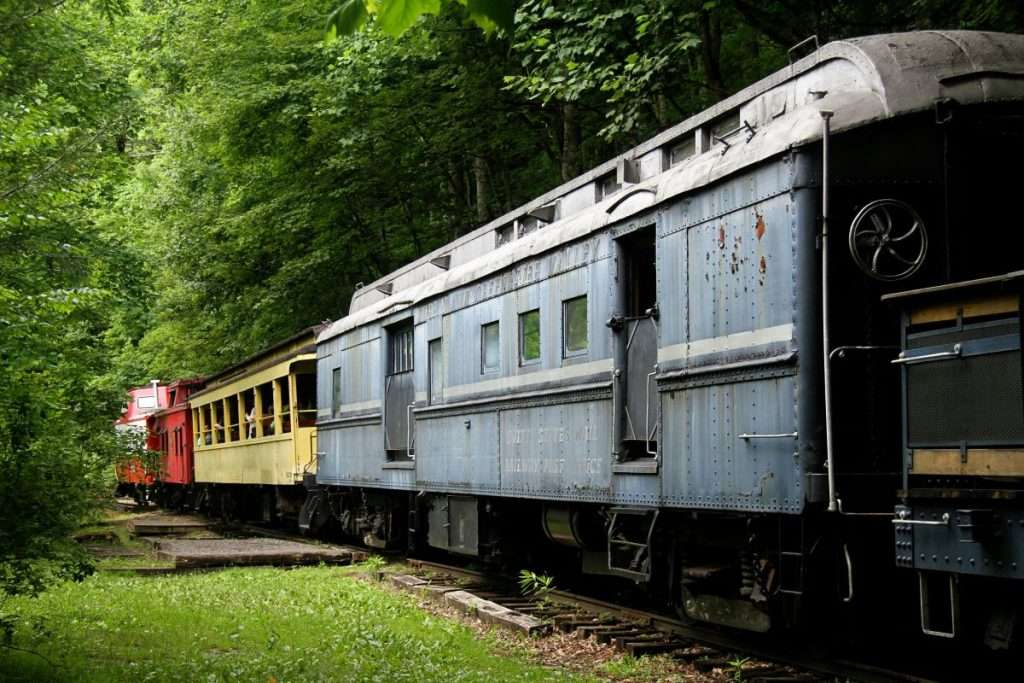Following a brief work stoppage, Canada’s primary rail carriers, Canadian National and CPKC, face a backlog of freight due to pre-stoppage embargoes. Experts predict a full recovery could take weeks.
The Aftermath of Work Stoppage
In the days preceding the August 22 lockout of union workers at Canadian National Railway and Canadian Pacific Kansas City, the rail carriers implemented shipping embargoes. This was part of a phased shutdown strategy to prevent hazardous cargo from being left unattended when trains ceased operations. However, the aftermath of the work stoppage and embargoes has left the railroads with a challenging task of returning tons of freight to the tracks.
The Road to Recovery
According to Jason Miller, interim chair of the department of supply chain management at Michigan State University, freight initially part of the first wave of embargoes, such as hazardous chemicals, is the most affected. Scott Shannon, a VP for C.H. Robinson Worldwide, estimates it could take up to a week for each railroad to fully reset and run smoothly again, though catching up with backlogged shipments could take longer.
Michael Taelman, a performance improvement manager with consultancy Crowe, suggests it may be weeks or months before Canadian National and CPKC are “fully operating back to normal” due to the freight backlog accumulated during the inactivity period.
The Ongoing Labor Dispute
The labor dispute between the Teamsters and each railroad remains unresolved, with the union indicating it will challenge the government action in court. This situation underscores the critical nature of the situation, especially given shippers’ limited rail options.
CPKC has acknowledged that a full recovery of its network from the work stoppage “will take several weeks.” Both CPKC and Canadian National executives noted during Q2 earnings calls in July that the labor uncertainty led to freight diversions during the quarter.




